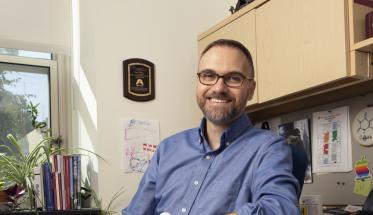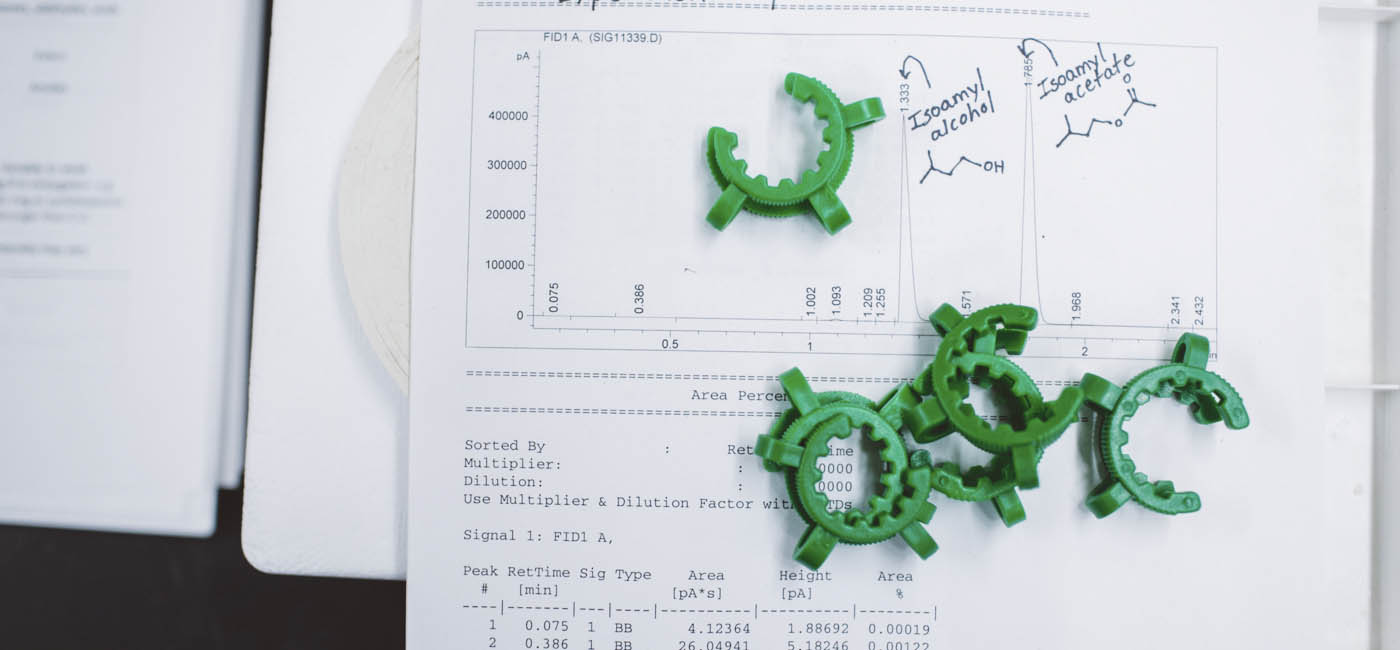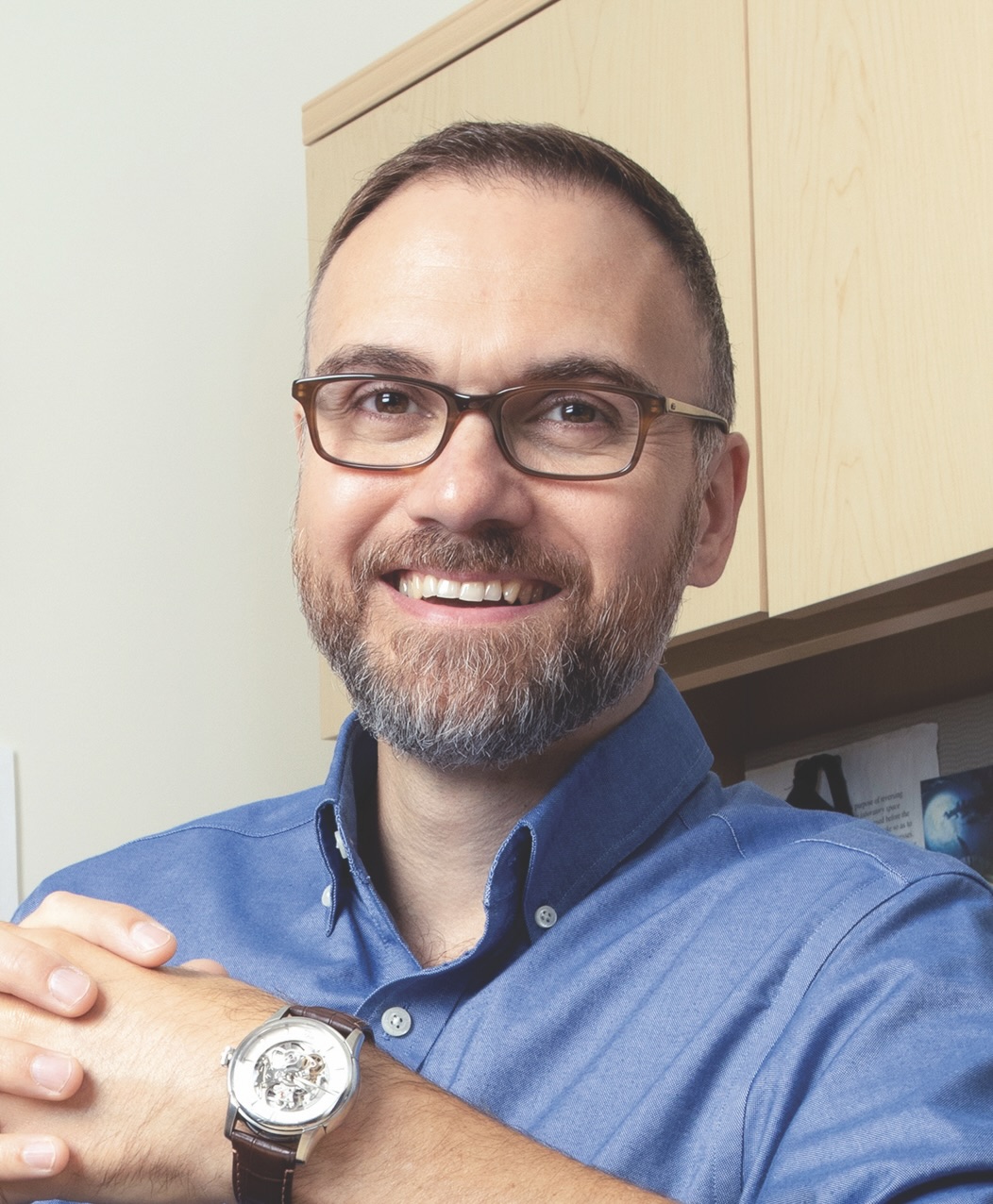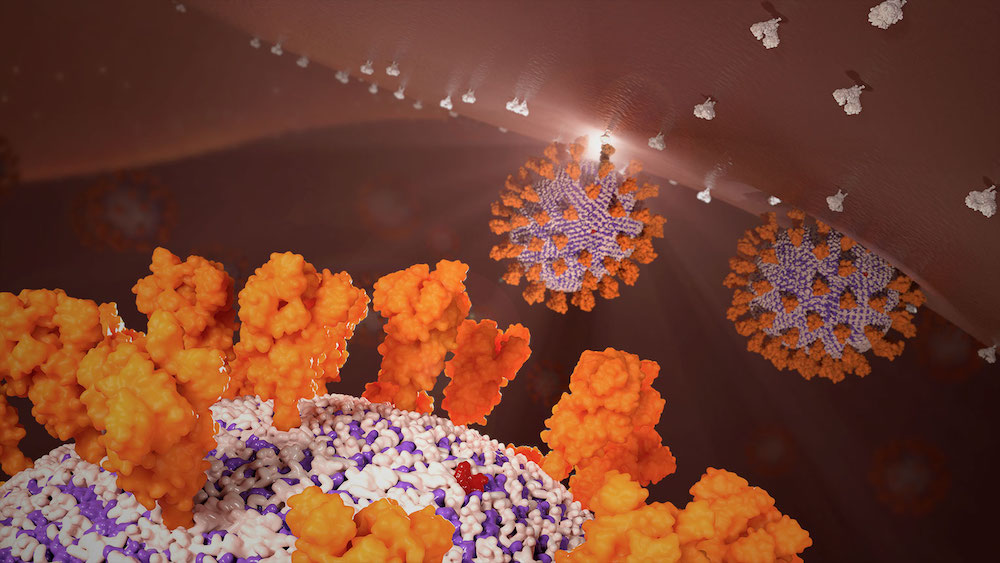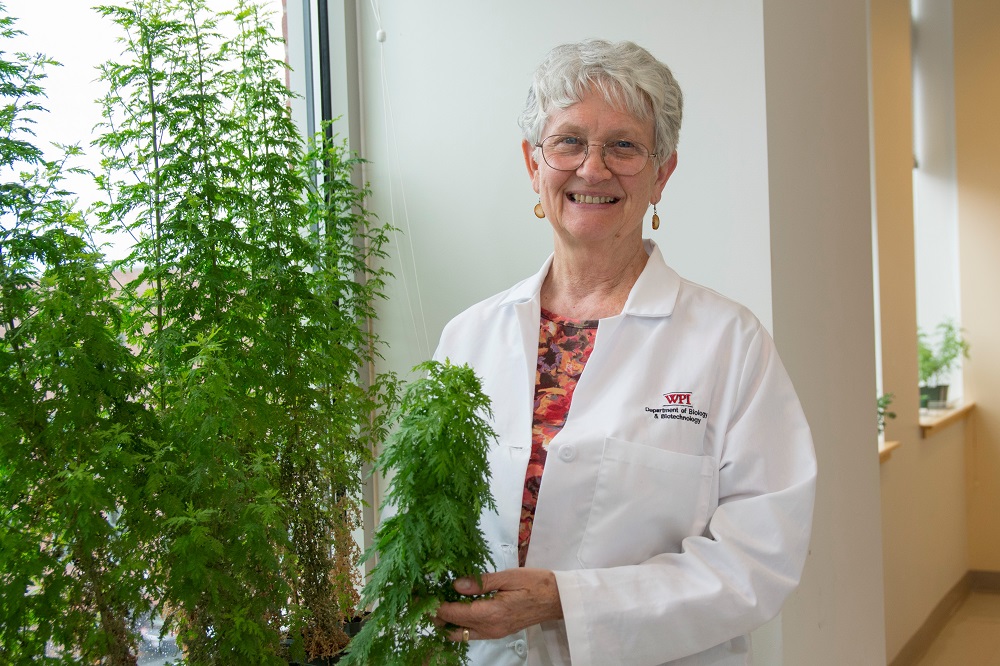D-Term 2020 was supposed to look like past D-Terms in Destin Heilman’s Experimental Biochemistry lab—students were going to learn how to isolate proteins in e.coli, and experience the flow and feel of a lab on campus.

Then the COVID-19 pandemic hit, and all of WPI’s classes were moved online, including Heilman’s.
So, in typical WPI fashion, the teaching professor of chemistry & biochemistry pivoted, and transformed his in-person lab into a digital one—one that charged students to examine the coronavirus “from stem-to-stern.”
“I thought, ‘Why not study the very thing that has us locked in our houses?’” says Heilman, whose background is in virology (he even has a 3-D printed model of a virus protein on his desk).
With the term now over, he and his students reflected on the challenges and opportunities they had in virtually dissecting the coronavirus, with a particular focus on the virus’s proteins, and which ones make it wreak havoc in humans. During the class, he gave his seven students documents on those proteins to read, including the work done on coronavirus by Dmitry Korkin, and challenged them to pick which one they wanted to study.
Heilman maintained his usual “hands-on” approach to experiments, even via remote learning. After all, some of the most important lessons students learn in the lab isn’t content, he says. “It’s the nuances of the lab itself, being able to feel things in your hands, making mistakes.” As a result, instead of physically working with students in the lab, he talked them through scenarios of mistakes—material spills, equipment mishaps—that could happen during their experiments, and asked them to figure out how to make the appropriate fixes.

“The students really sank their teeth into it,” he says.
Students weren’t champing at the bit to do a digital lab at first, and weren’t sure about online lab work.
“I was nervous, I’ve never taken online classes before,” says Kathleen Donovan ’21, a biochemistry major.
But, as D-Term progressed and students got their sea legs in Heilman’s digital lab, their excitement blossomed.
Some students say Heilman’s digital lab gave them valuable real-world experience. “Being able to look at a lab and experiment from an entirely different perspective has a lot of beneficial uses, particularly in the research field, where you are developing your own protocols,” says Joe Dainis ’20, who is double majoring in biology & biotechnology and biochemistry.
“My favorite part of the class was learning some of the techniques researchers use to study enzymes that are therapeutic targets, such as the SARS-CoV2 replicase,”says Olivia Hunker ’20, a biochemistry major. “I’m planning to pursue a PhD after I graduate and it gave me a better understanding of how to approach problems like this.”
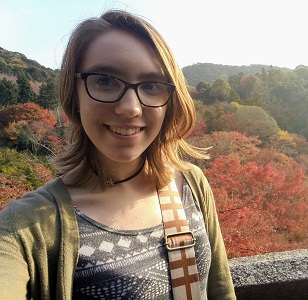
Students say learning about the pandemic in the lab enables them and Heilman to learn from each other, too. “Every meeting, there was an instance where we discussed COVID-19 and a student brought up a detail that Professor Heilman did not know regarding this virus, and vice versa,” Dainis says. “It was a unique experience to be in a professor-student relationship where you are both improving your knowledge regarding a topic that no one is an expert in.”
“It’s nice to understand on a molecular level how the virus is working,” says Donovan. “It’s nice to look at the research that’s already been done on coronavirus. It puts into perspective how important research is, and that there is still so much to learn.”
One of the most important things that Heilman learned from flipping his lab is that the process was easier than he thought it would be, and it’s helping to ready students for the world post-WPI.
“The transition from a lab-based class to online was easy because WPI does projects,” he says. “Students can easily adapt, and they’ll be able to digest information about coronavirus and other viruses for the greater community.”
-By Jessica Messier
